
Armenian Culture
Armenian culture is one of the oldest and most unique in the world, shaped by thousands of years of history, traditions, and resilience. Here are some key aspects of Armenian culture:
1. Language & Alphabet
Armenian is an ancient Indo-European language with its own unique alphabet, created in 405 AD by Mesrop Mashtots.
The alphabet has played a crucial role in preserving Armenian identity through centuries of hardship.
2. Religion & Spirituality
Armenia was the first country to adopt Christianity as a state religion in 301 AD.
The Armenian Apostolic Church is central to Armenian identity, with ancient monasteries like Geghard, Tatev, and Khor Virap standing as symbols of faith.
3. Traditions & Customs
Armenians highly value family, hospitality, and respect for elders.
Guests are treated with warmth, often greeted with homemade bread (lavash), cheese, and fruit.
Celebrations such as weddings, birthdays, and religious holidays involve music, dancing, and feasting.
4. Food & Cuisine
Lavash – Traditional Armenian flatbread, recognized by UNESCO as an intangible cultural heritage.
Khorovats – Armenian barbecue, a must-have at gatherings.
Dolma – Grape leaves stuffed with meat or rice.
Harissa – A slow-cooked dish made with wheat and meat, often associated with historical survival stories.
Armenian Brandy – Famous worldwide, especially brands like Ararat, enjoyed even by Churchill.
5. Music & Dance
Traditional music features instruments like the duduk, a UNESCO-recognized ancient wind instrument.
Armenian dance is expressive and energetic, with traditional styles such as Kochari, Shalakho, and Tamzara.
6. Art & Architecture
Armenia is known for its khachkars (stone crosses), intricate carvings unique to Armenian craftsmanship.
Ancient churches, such as Etchmiadzin Cathedral (the oldest cathedral in the world), showcase distinct Armenian architecture.
7. History & Heritage
Armenians trace their roots to Urartu (9th century BC) and have maintained their identity despite conquests by Persians, Romans, Byzantines, and Ottomans.
The Armenian Genocide (1915) remains a significant historical tragedy, shaping Armenian resilience and the global diaspora.
8. Festivals & Holidays
Vardavar – A summer festival where people splash water on each other.
Tigran Mets Festival – Celebrates Armenia’s ancient King Tigran the Great.
New Year & Christmas – Armenians celebrate Christmas on January 6 instead of December 25.
9. Diaspora & Global Influence
Millions of Armenians live outside Armenia, especially in the U.S., Russia, France, and Lebanon.
Famous Armenians include Charles Aznavour (singer), Serj Tankian (System of a Down), Kim Kardashian, and Hovhannes Aivazovsky (painter).
10. Armenian Character & Identity
Armenians are known for their resilience, creativity, and strong national pride.
The culture blends ancient traditions with modern influences, creating a unique and vibrant identity that continues to thrive.


